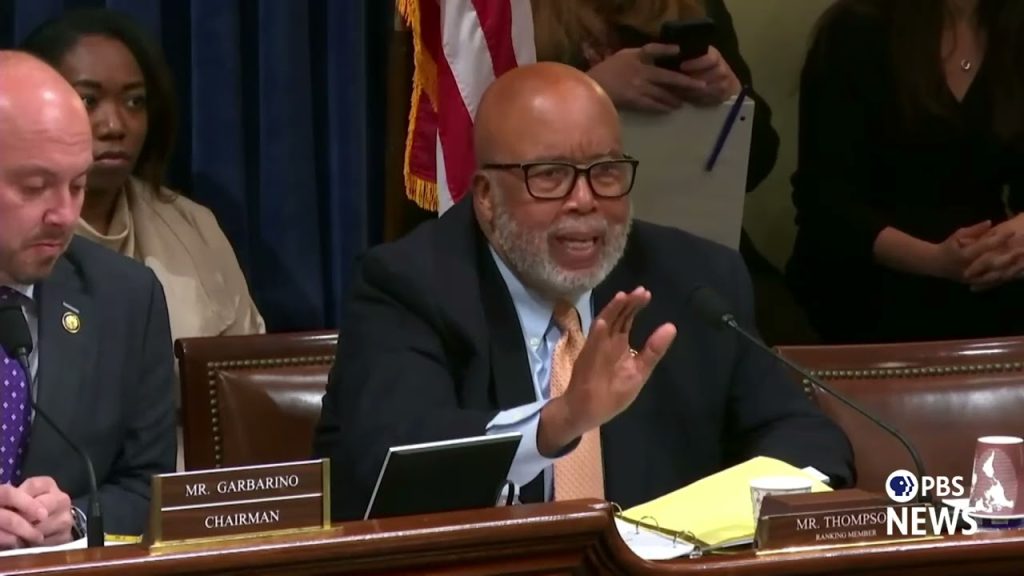The evocative title “Of Swords and Servants” conjures images of leadership, responsibility, and the complex interplay between authority and service in political life. This phrase suggests a narrative that examines the burden of wielding power (“swords”) alongside the commitment to serve constituents or the public (“servants”). It invites reflection on how political leaders balance force, governance, and duty amidst modern challenges.
In contemporary politics, discussions around the use of power often reference the metaphor of the sword—symbolizing military strength, enforcement capabilities, or the decisive action required to maintain order and security. Conversely, the concept of servants underscores the ideal of public officials as trustees who prioritize the needs of the people they represent, emphasizing humility and accountability. Together, these motifs encapsulate ongoing debates about leadership styles, the militarization of politics, and the role of public servants in democratic societies.
Recent political climates worldwide have underscored tensions between authoritative governance and responsive service. Democracies face pressure to ensure security without compromising civil liberties, while leaders grapple with delivering effective services amid complex international and domestic issues. These dynamic challenges highlight why metaphors like swords and servants remain vivid and relevant.
Delving deeper into the themes suggested by “Of Swords and Servants” reveals parallels with historical and cultural narratives about governance—from feudal eras where knights and vassals symbolized martial power balanced by loyalty, to modern-day civil servants tasked with executing policies compassionately and efficiently. The balance of power and service remains foundational to understanding leadership legitimacy and the social contract between governments and their citizens.
Understanding these concepts in today’s political environment can help citizens and analysts alike better interpret policy decisions, leadership rhetoric, and the broader implications of governance choices. The metaphor serves as a reminder that true political strength often depends as much on dedicated service as on wielding authority.
Where to Learn More
- Brookings Institution – In-depth analysis of governance, leadership, and public policy.
- Foreign Affairs – Articles on power dynamics and international politics.
- C-SPAN – Comprehensive coverage of political debates, speeches, and public service discussions.
- The Atlantic – Thought-provoking essays on leadership and political philosophy.
- Council on Foreign Relations – Expert insights on security, diplomacy, and governance challenges.




